After undergoing a tooth extraction, it’s crucial to maintain proper oral hygiene to facilitate the healing process and prevent complications. Many people wonder if they can use mouthwash during this time. We will delve into the topic and provide you with insights on using mouthwash after tooth extraction.
We are anam cara. In this blog, we’ll talk about using mouthwash after tooth extraction. Let’s start_
What is tooth extraction?
Tooth extraction is a dental procedure that involves the removal of a tooth from its socket in the jawbone. It is typically performed by a dentist or an oral surgeon.
There are various reasons why a tooth may need to be extracted, such as severe tooth decay, gum disease, tooth overcrowding, or a fractured tooth. Before the extraction, the area is numbed with local anesthesia to minimize discomfort.
The tooth is then loosened using specialized instruments and extracted using forceps or, in some cases, surgical techniques. Tooth extraction may be followed by various restorative options, such as dental implants, bridges, or dentures, to replace the missing tooth.
What is mouthwash?
Mouthwash, also known as an oral rinse or mouth rinse, is an antiseptic solution used to enhance oral hygiene. It helps to kill bacteria, freshens breath, and prevents plaque buildup. Different types of mouthwash are available, including those containing alcohol and alcohol-free alternatives. Mouthwash can be a valuable addition to your oral care routine, but it is important to use it correctly and at the appropriate time. Also, you can use mouthwash after tooth extraction.
The types of mouthwash
There are different types of mouthwash available in the market, each serving a different purpose. That you can use mouthwash after tooth extraction.
| Image | Product | Details | Price |
|---|---|---|---|
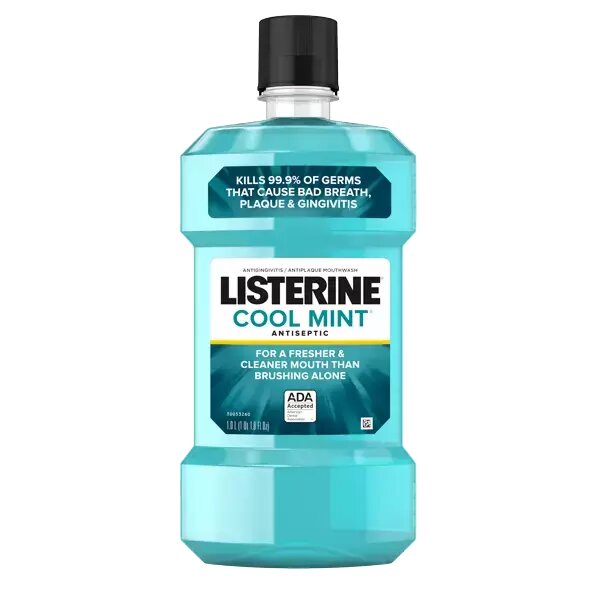 |
Antiseptic mouthwashes | Brand: Listerine Product: Freshening, Fresh Benefits: Breath, Clean, Antiseptic, Bad Breath Liquid Volume: 1 Liters Flavor: Cool Mint Age Range: Adult |
Check Price |
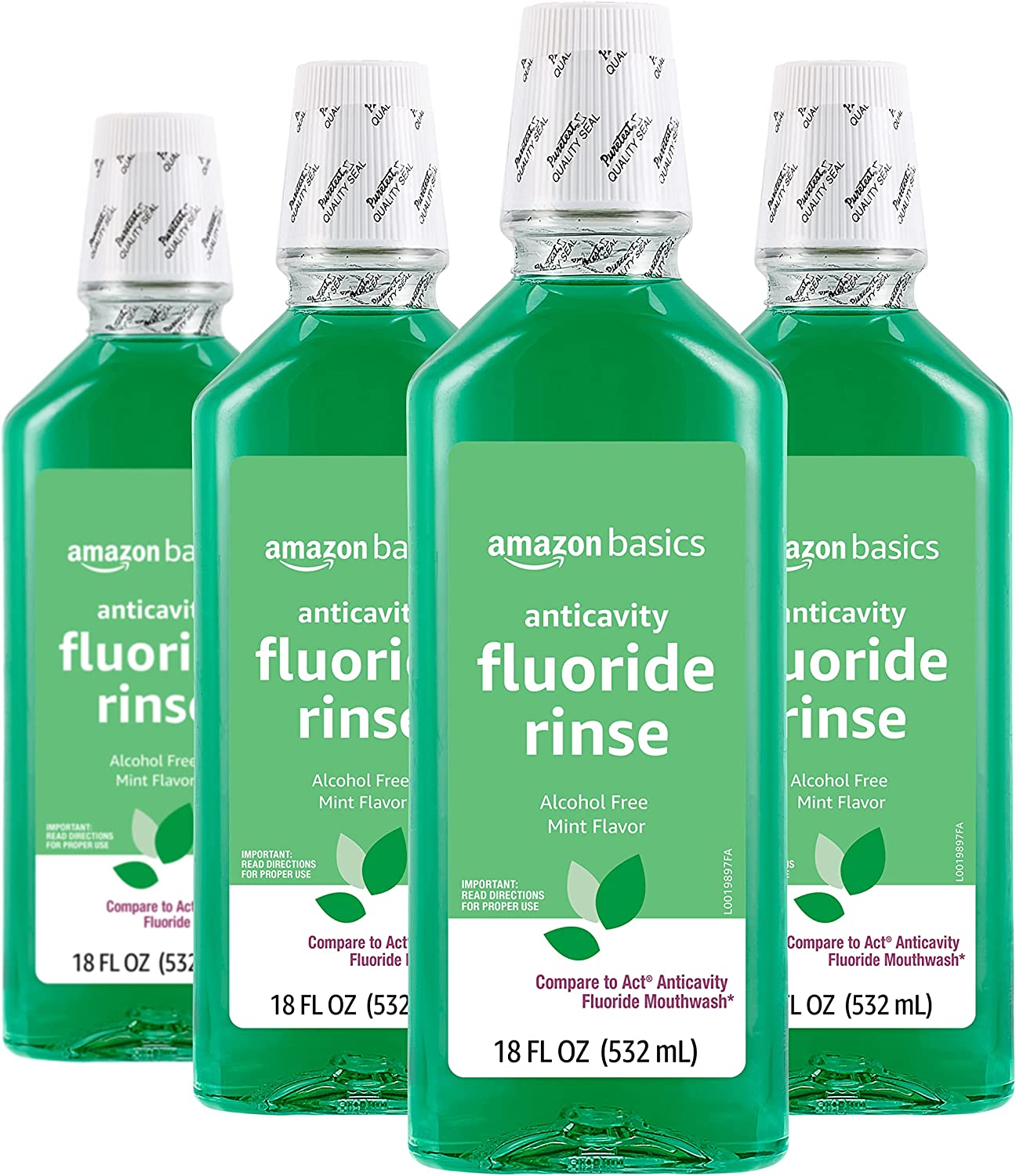 |
Fluoride mouthwashes | Brand: Amazon Basics Size: 33.8 Fl Oz (Pack of 1) Product Benefits: Anticavity, Freshening Liquid Volume: 33.8 Fluid Ounces Flavor: Mint Age Range: Adult |
Check Price |
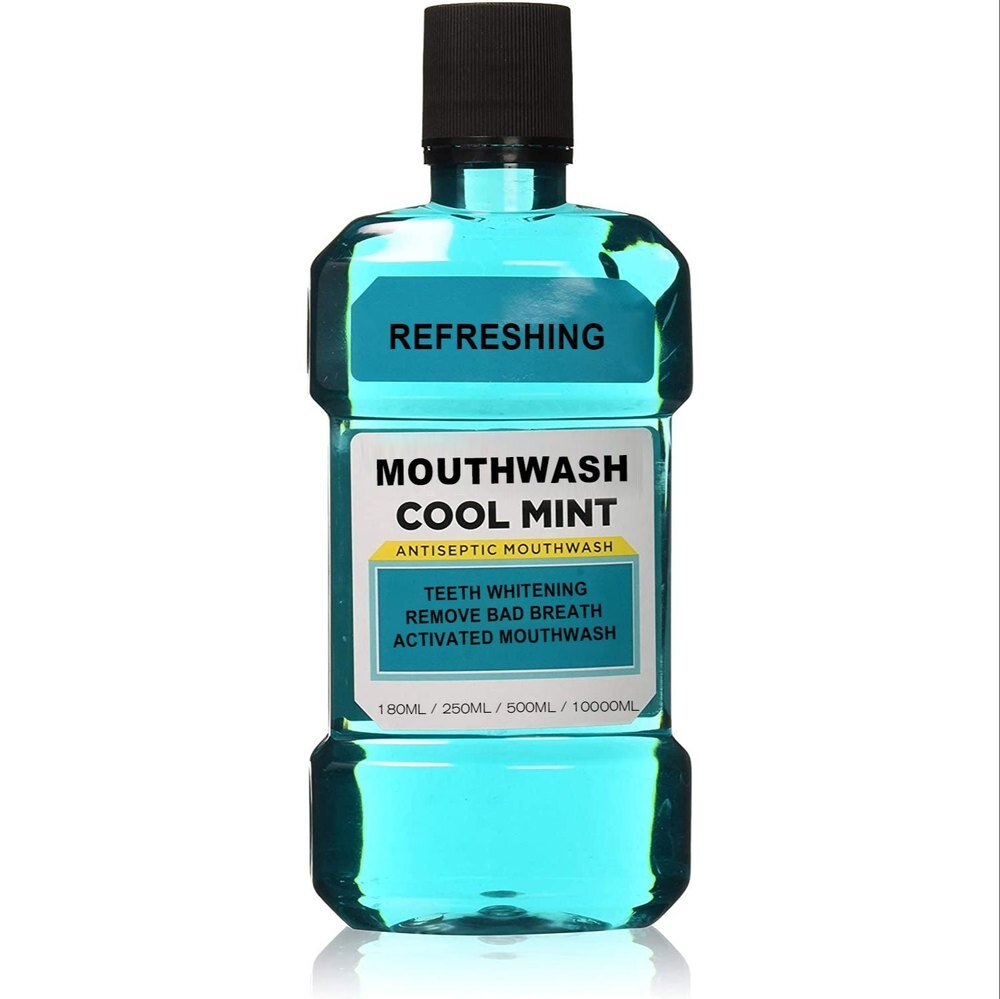 |
Cosmetic mouthwashes | To freshen breath Help prevent or control tooth decay Reduce plaque Prevent or reduce gingivitis Reduce the speed that tartar |
Check Price |
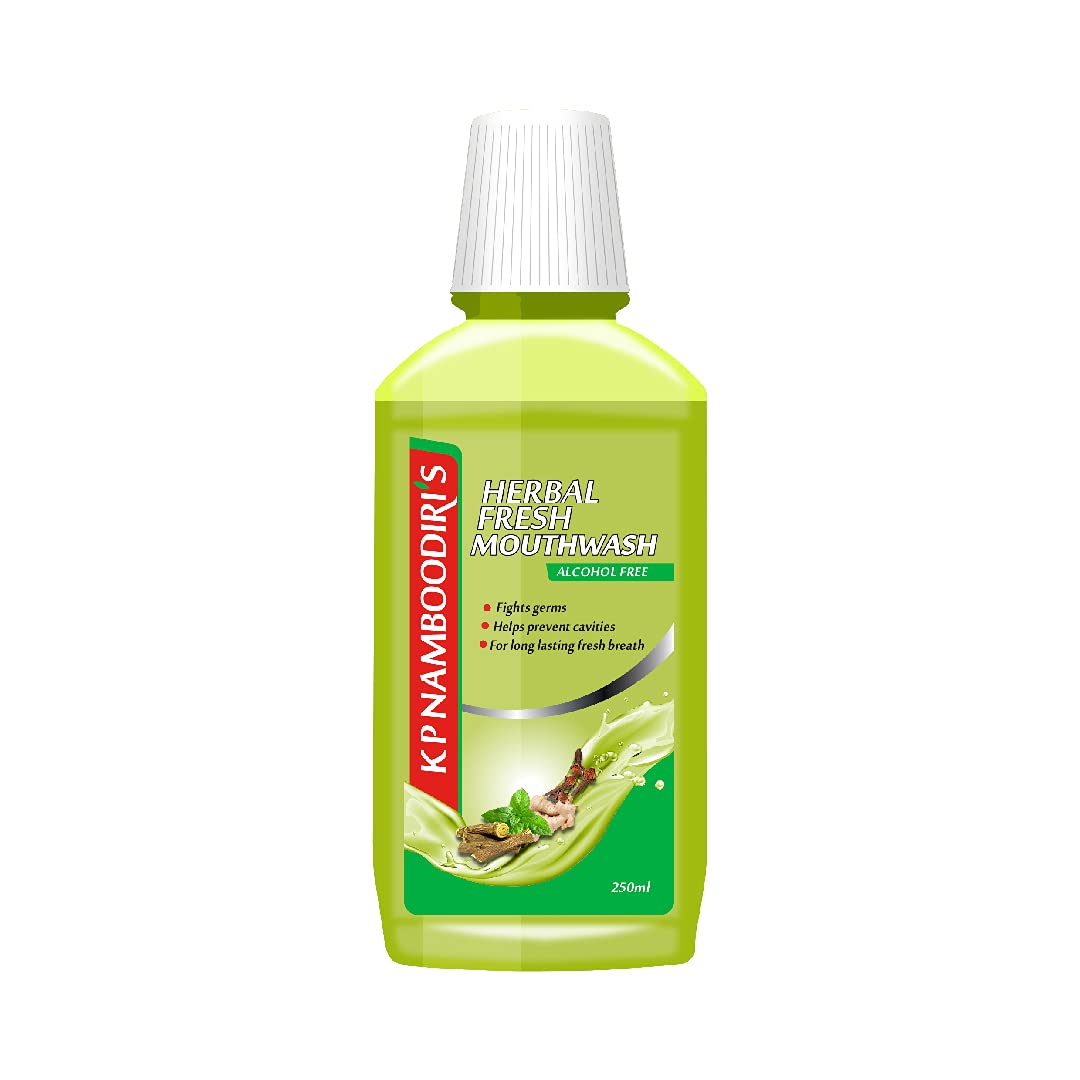 |
Natural or herbal mouthwashes | Natural or herbal mouthwashes are formulated with botanical extracts like tea tree oil, aloe vera, or neem. These mouthwashes may offer a more gentle and soothing effect, but their antibacterial efficacy might be less potent compared to antiseptic variants. | Check Price |
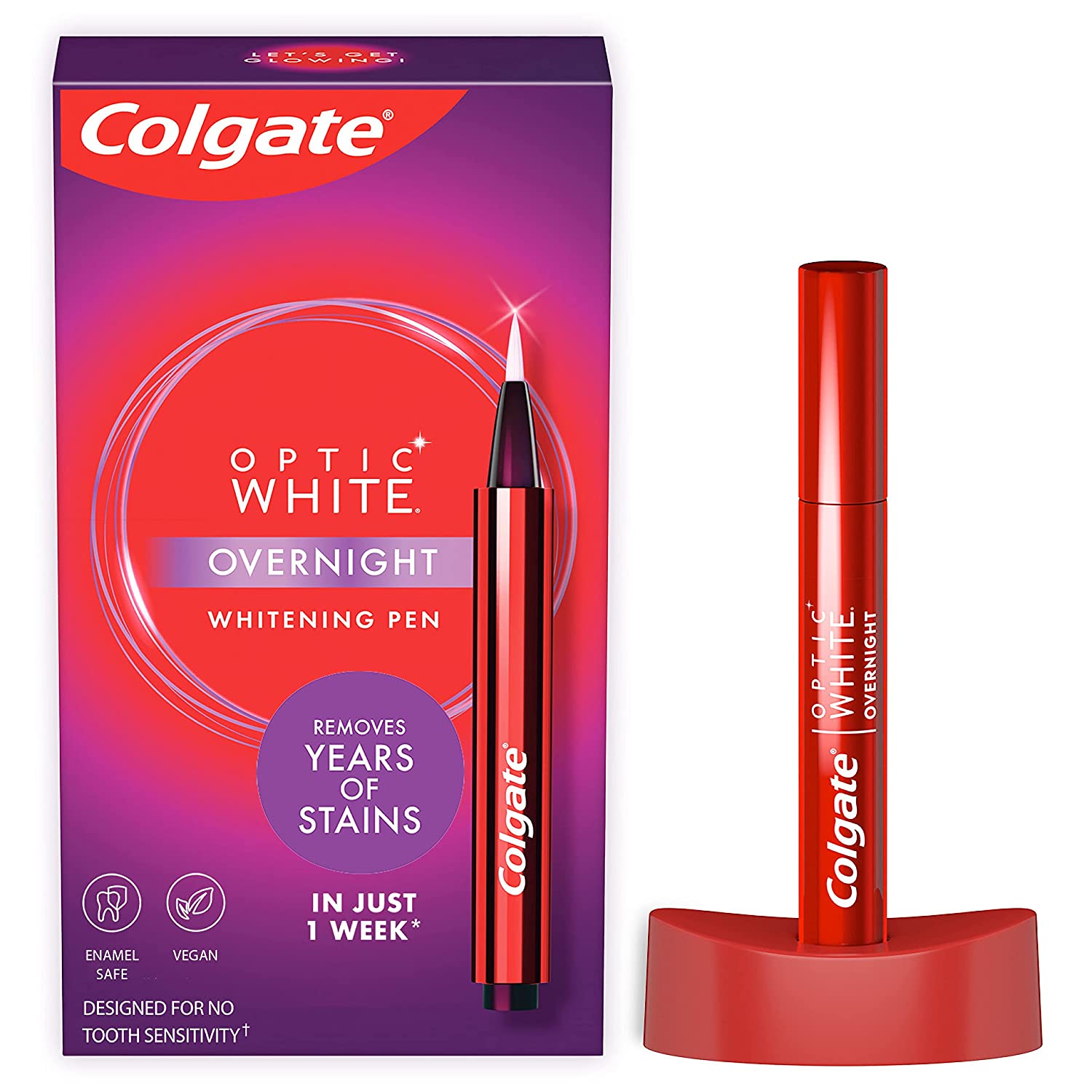 |
Whitening mouthwashes | Whitening mouthwashes aims to reduce surface stains on teeth and enhance their brightness. They often contain hydrogen peroxide or other bleaching agents, but their whitening effects may be limited compared to professional dental treatments. | Check Price |
It is important to select a mouthwash that suits your specific oral health needs and consult with a dentist or oral care professional for personalized recommendations.
The Healing Process After Tooth
To understand the implications of using mouthwash after a tooth extraction, it is essential to comprehend the healing process. After the extraction, a blood clot forms in the socket, protecting the area and promoting healing. It is vital to avoid dislodging or disrupting the blood clot to prevent complications such as dry socket, a painful condition that can delay healing.
The Right Time to Start Using Mouthwash
After the initial 24 hours, if the extraction site is healing well without any signs of complications, you can gradually introduce mouthwash into your oral care routine.
However, it is important to choose an alcohol-free mouthwash and use it with caution. Avoid swishing or gargling forcefully, as this can still disrupt the healing process.
Instead, consider using mouthwash by gently swishing it around your mouth for a short period, then spitting it out. If you experience any discomfort, or pain, or notice signs of infection, such as swelling or pus formation, it is essential to consult your dentist before resuming the use of mouthwash.
Choosing the Appropriate Mouthwash
Selecting the right mouthwash is essential for maintaining oral hygiene after tooth extraction. Opt for an alcohol-free, antimicrobial mouthwash that is gentle on the gums.
Alcohol-based mouthwashes can cause a stinging sensation and may delay the healing process. Look for a mouthwash that contains antibacterial ingredients like chlorhexidine or cetylpyridinium chloride to help reduce the risk of infection.
Why should do use mouthwash after tooth extraction?
We can use mouthwash after tooth extraction offers several benefits. Firstly, it helps reduce the risk of infection by killing bacteria in the mouth, promoting healing, and preventing complications.
Mouthwash also helps to alleviate bad breath, providing a fresher and more pleasant oral environment. Additionally, it can help soothe any discomfort or inflammation in the area of the extraction, providing a gentle and refreshing sensation.
However, it’s important to note that not all mouthwashes are suitable for post-extraction use, as some may contain alcohol or harsh ingredients that could irritate the wound. But for the mouthwashes that we have mentioned, you can definitely use them after tooth extraction.
It is advisable to consult with your dentist or oral surgeon for specific recommendations on the appropriate mouthwash to use after tooth extraction.
when can I use corsodyl after a tooth extraction?
After tooth extraction, you can generally use Corsodyl mouthwash once the bleeding has stopped and a blood clot has formed in the extraction socket. This usually takes about 24 to 48 hours. Corsodyl mouthwash contains chlorhexidine, which is an antiseptic that helps reduce bacteria and prevent infection. It is commonly used for oral hygiene, gum disease, and dental procedures.
When using Corsodyl after a tooth extraction, it is important to follow the instructions provided by your dentist or oral surgeon. Rinse your mouth gently with Corsodyl for about 30 seconds, making sure to reach the affected area, and then spit it out. Avoid swallowing the mouthwash, as it may cause stomach upset.
However, it’s essential to note that Corsodyl mouthwash should not be used as a long-term solution, as it may cause staining of the teeth and alter taste perception. It is recommended to consult with your dentist or oral surgeon for specific guidance on when and how to use Corsodyl after tooth extraction.
Can I use mouthwash 1 week after tooth extraction?
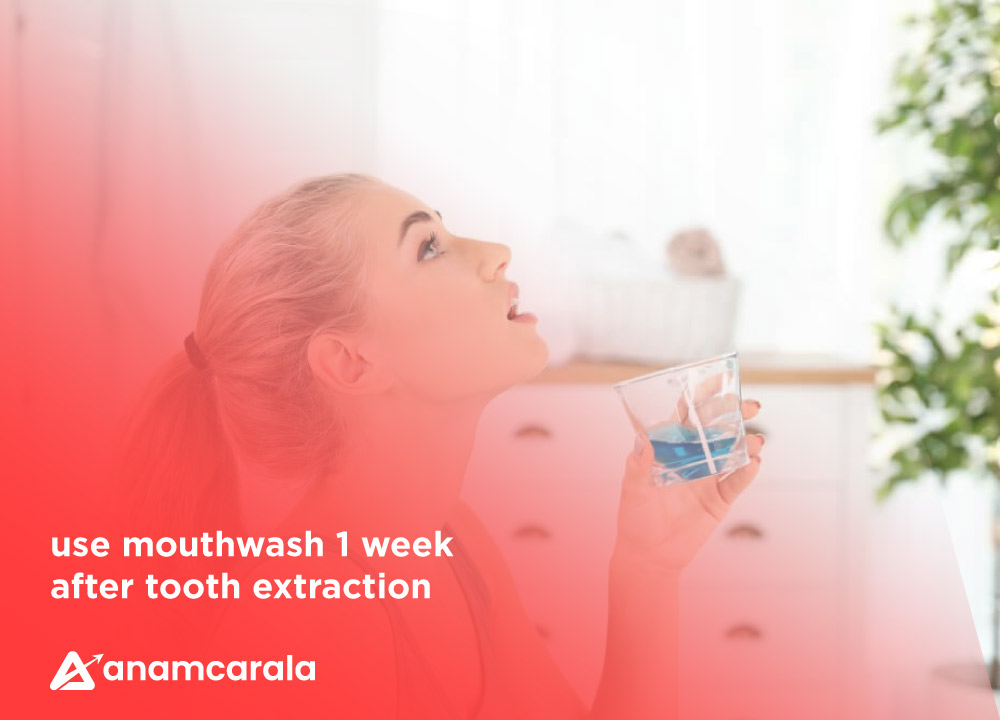
After tooth extraction, it is generally recommended to avoid using mouthwash for at least 24 hours to allow the blood clot to form and promote healing. However, after the first 24 hours, using mouthwash can be beneficial.
It helps reduce bacteria and plaque buildup, promoting good oral hygiene and preventing infection. It is important to choose an alcohol-free, gentle mouthwash to avoid any irritation or stinging sensation.
It’s advisable to consult your dentist before using mouthwash, as they can provide specific instructions based on your individual case.
Following proper oral hygiene practices, including gentle rinsing with mouthwash, can aid in the healing process and maintain good oral health.
How to Use Mouthwash Safely
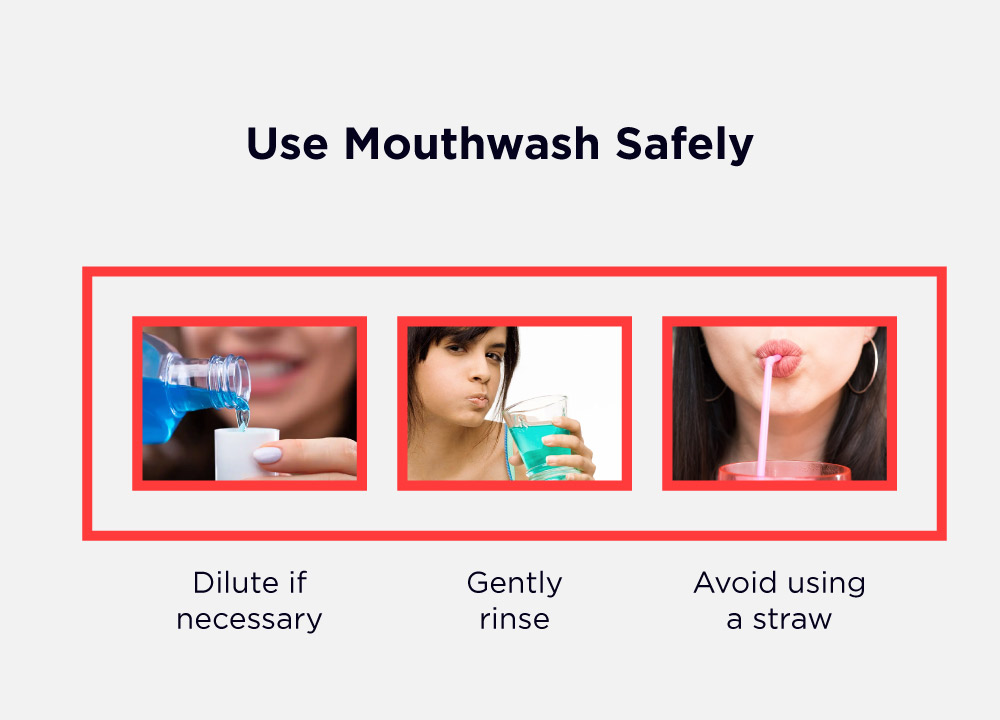
Once the appropriate waiting period has passed, you can begin using mouthwash to aid in your oral hygiene routine. Follow these guidelines to ensure safe usage:
- Dilute if necessary: If the mouthwash is too strong or causes discomfort, dilute it with water as directed by your dentist.
- Gently rinse: Take a small amount of mouthwash and swish it gently around your mouth for the recommended duration. Avoid vigorous swishing or spitting forcefully, as this can disturb the blood clot.
- Don’t rinse too frequently: Stick to the recommended frequency of mouthwash usage as advised by your dentist. Overusing mouthwash can disrupt the natural healing process.
- Avoid using mouthwash with a straw: Using a straw can create suction and increase the risk of dislodging the blood clot.
Additional Post-Extraction Oral Hygiene Practices
While mouthwash is beneficial for maintaining oral hygiene, it should not be the only component of your post-extraction routine. Here are some additional practices to follow:
Gently brush your teeth: Use a soft-bristled toothbrush and gently clean your teeth, avoiding the extraction site for the first few days. Gradually, you can include the extraction site in your brushing routine, being careful not to disturb the blood clot.
Rinse with a saltwater solution: After the first 24 hours, rinsing your mouth with a warm saltwater solution can help keep the area clean and reduce swelling. Mix half a teaspoon of salt in eight ounces of warm water.
Be mindful of your diet: Stick to soft and cool foods for the first few days. Avoid hard, crunchy, or spicy foods that can irritate the extraction site.
Conclusions :
Proper post-operative care is crucial after a tooth extraction to ensure a smooth and speedy recovery. While using mouthwash can be beneficial for oral hygiene, it is important to wait at least 24 hours after the extraction before incorporating mouthwash into your routine.
Choosing an alcohol-free mouthwash and using it gently can minimize the risk of complications and aid in maintaining oral health. However, if you experience any concerns or complications during the healing process, it is always recommended to consult your dentist for personalized advice and guidance.

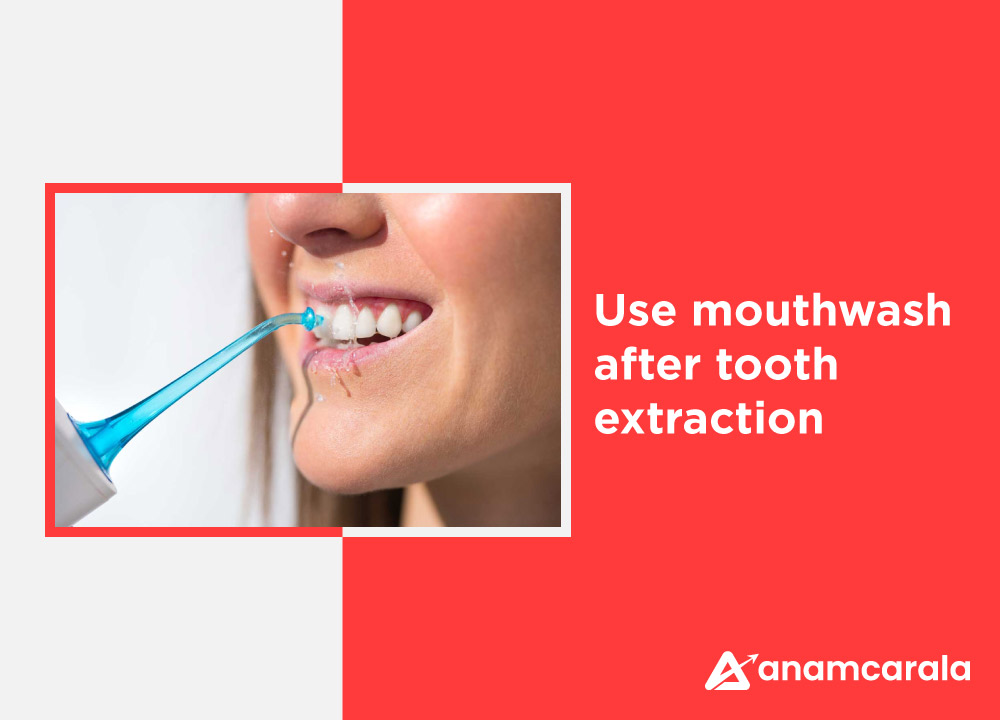

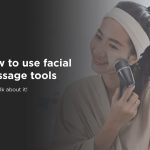
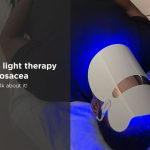
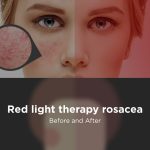

1 thought on “Can I use mouthwash after tooth extraction?”